The Ancor 4 AWG Tinned Copper Wire Battery Cable in red is a high-quality, long-lasting product perfect for marine applications or any environment where durability is a must. Its 50-foot length makes it versatile for a variety of uses. Key features of this marine grade wire include:
- Meets and surpasses UL 1426, ABYC, and US Coast Guard Charter boat (CFR Title 46) standards, ensuring top-notch safety and quality.
- Constructed with premium vinyl insulation rated at 600V, and capable of handling temperatures of 105°C when dry and 75°C when wet.
- Flexible in temperatures down to -40°F/-40°C, it maintains performance even in cold environments.
- Resistance to harsh conditions such as salt water, battery acid, oil, gasoline, heat, abrasion, and ultra-violet radiation.
- Equipped with ultra-flexible (Type 3) tinned copper stranding offering exceptional protection against corrosion and electrolysis along with fatigue from vibration and flexing.
This cable is not only useful in marine environments but is an excellent choice for automotive, solar, and RV applications where robustness and reliability are key.
Frequently Asked Questions about Ancor 4 AWG Tinned Copper Wire Battery Cable:
Q: What is the length of this cable?
A: This cable is 50 feet long.
Q: Does this cable meet any safety standards?
A: Yes, it meets and exceeds several standards, including UL 1426, ABYC, and US Coast Guard Charter boat (CFR Title 46) standards.
Q: What is the temperature resistance of the insulation?
A: The insulation is rated for use at 600V, withstanding temperatures of 105°C when dry and 75°C when wet.
Q: Can this cable withstand extreme cold conditions?
A: Absolutely, the cable remains flexible in temperatures as low as -40°F/C.
Q: Is this cable resistant to harsh conditions?
A: It is exceptionally resistant to elements like salt water, battery acid, oil, gasoline, heat, abrasion, and UV radiation.
Q: What type of stranding does this cable have?
A: It features ultra flexible (Type 3) tinned copper stranding, which is of the highest quality.
Q: How does the tinned copper stranding protect against corrosion and electrolysis?
A: The tinned copper stranding prevents copper from direct exposure to corrosive agents, which greatly reduces the risk of corrosion and electrolysis.
Q: Does this cable resist fatigue caused by vibration and flexing?
A: Yes, it is designed to resist fatigue from both vibration and flexing, enhancing its longevity and reliability.


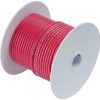
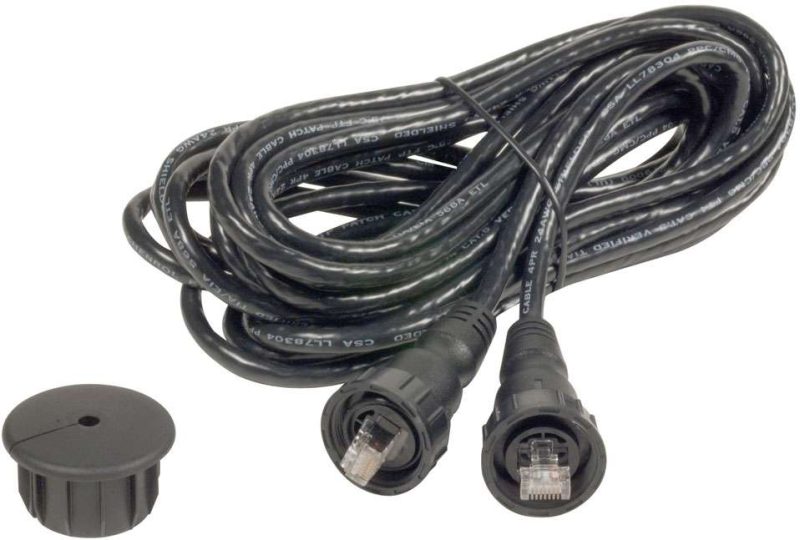
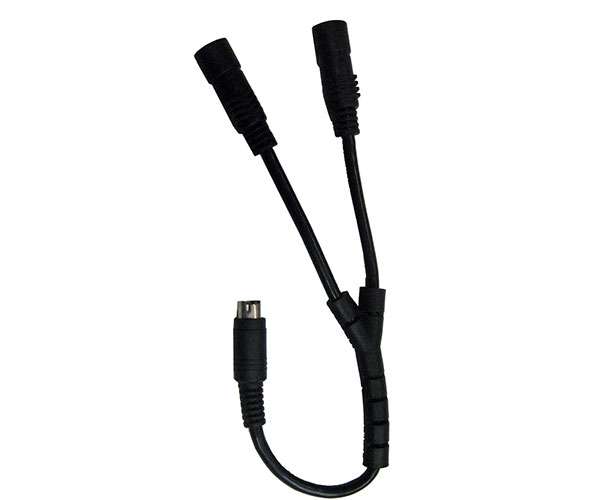
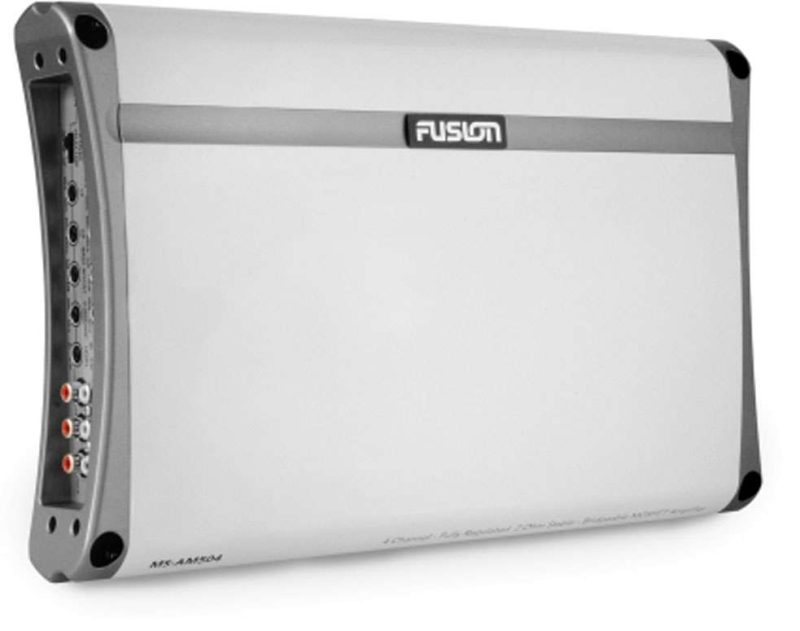

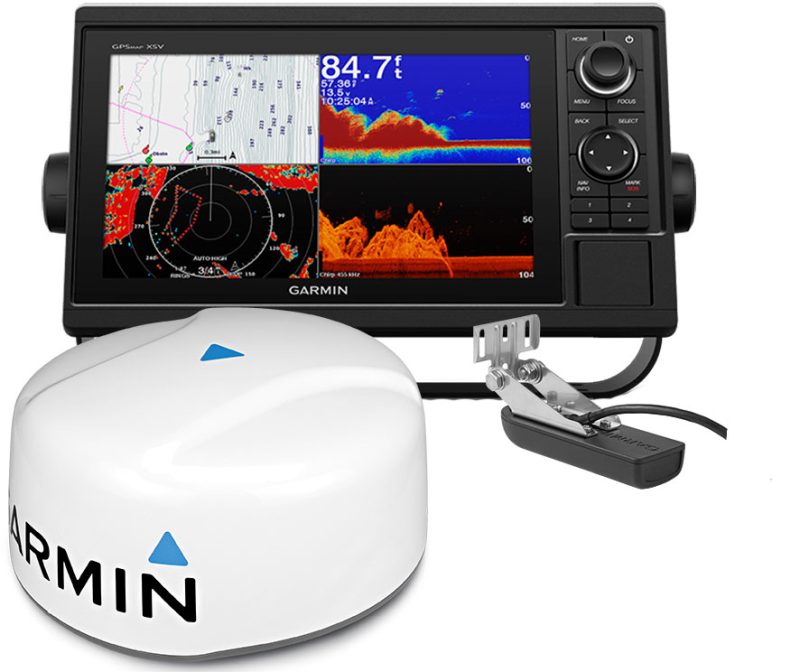
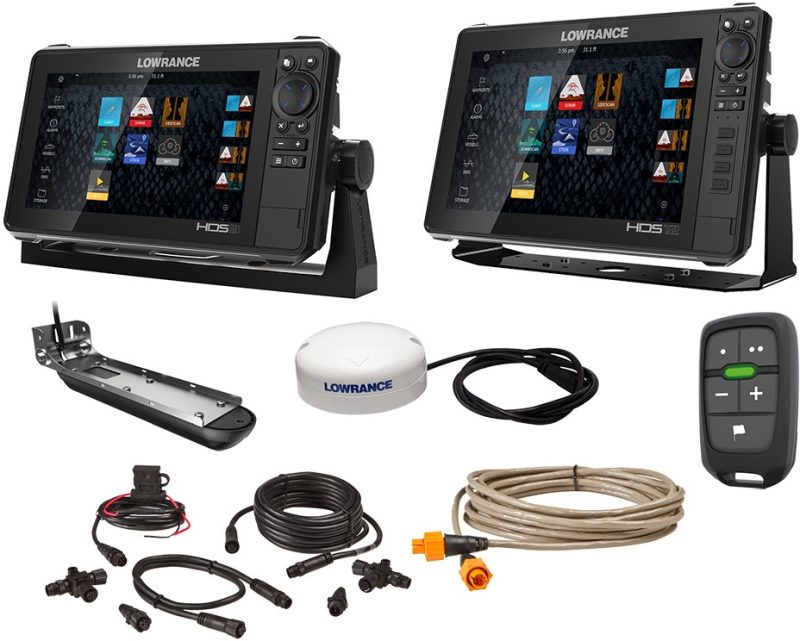
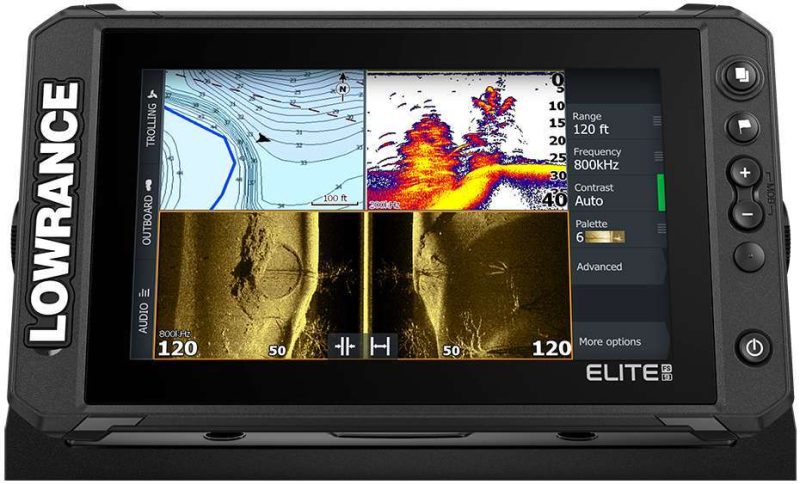
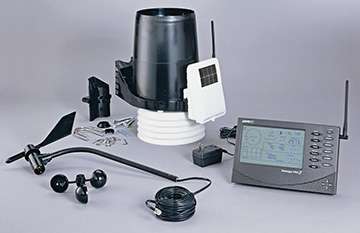

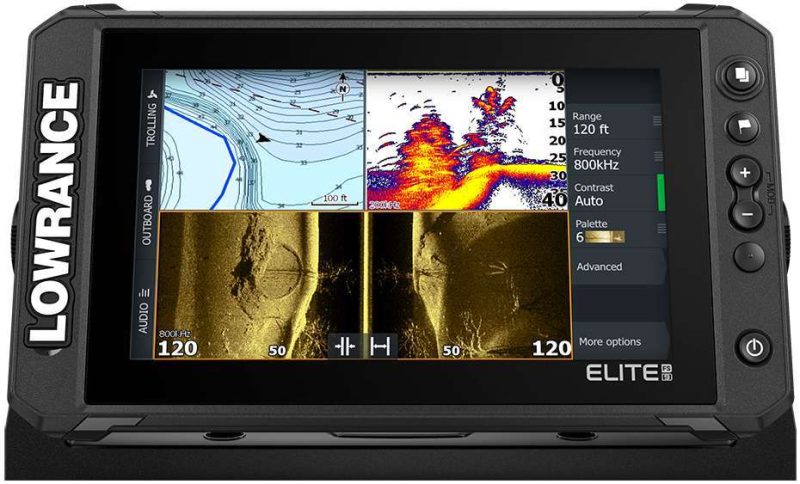
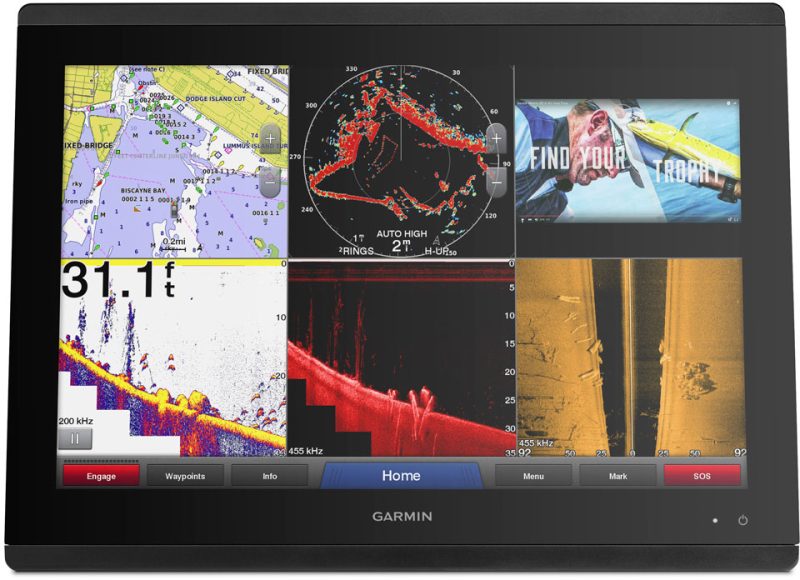

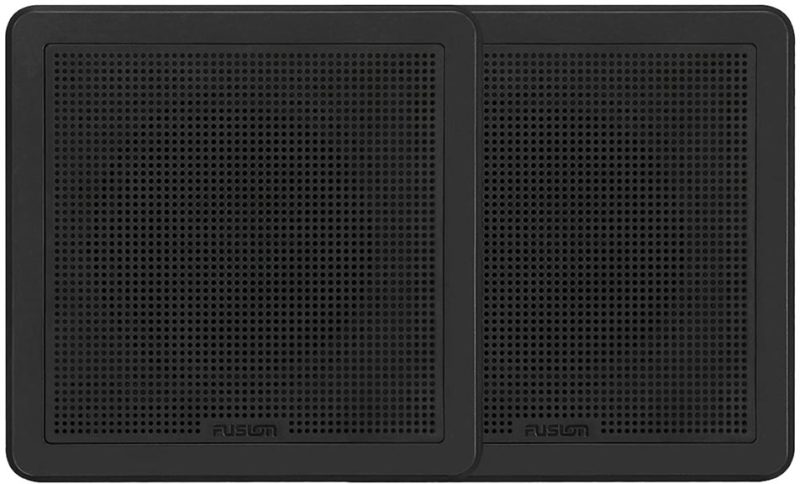
Kerry –
Aric –
Viviana –